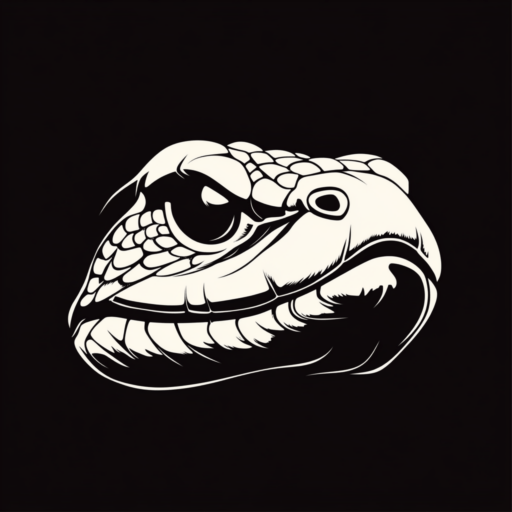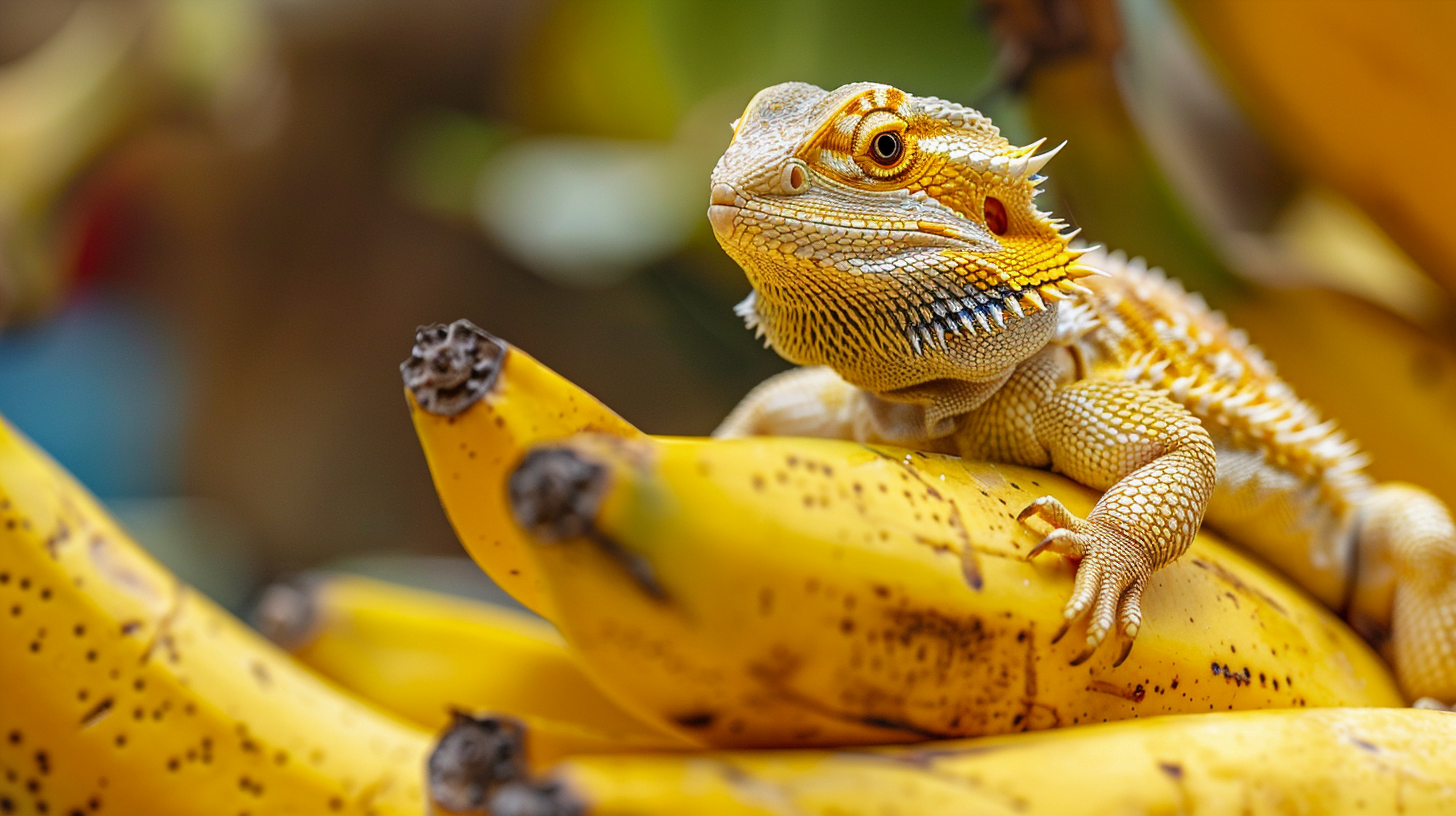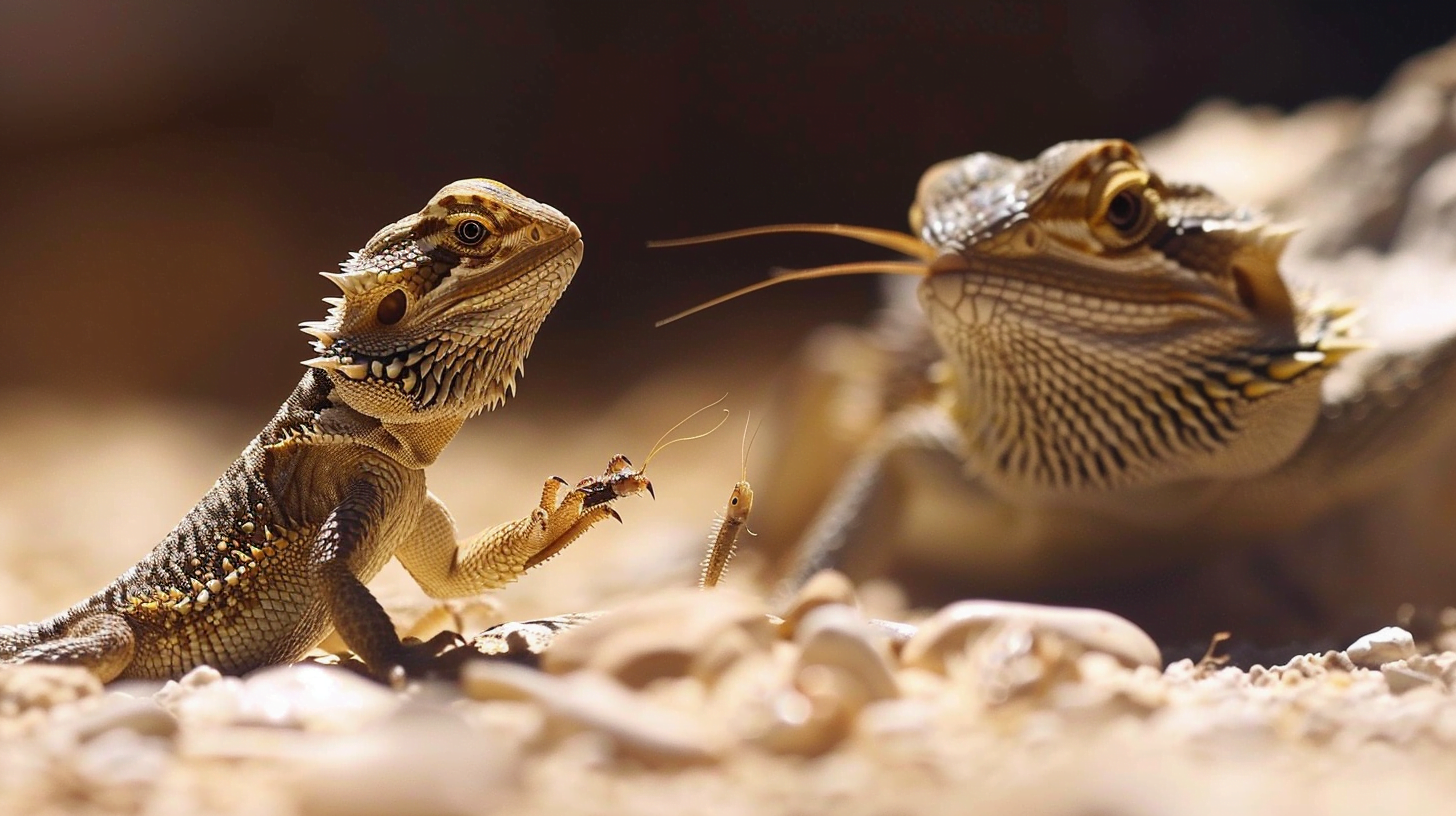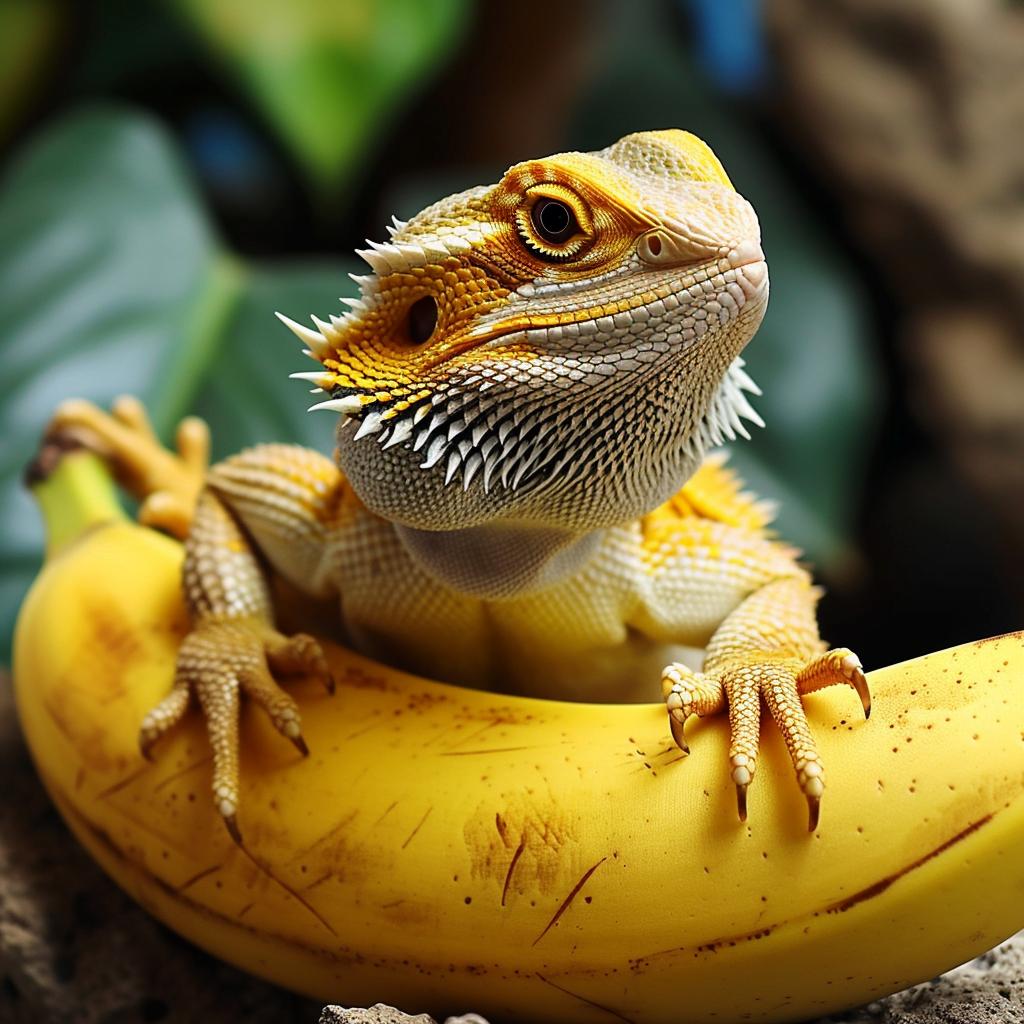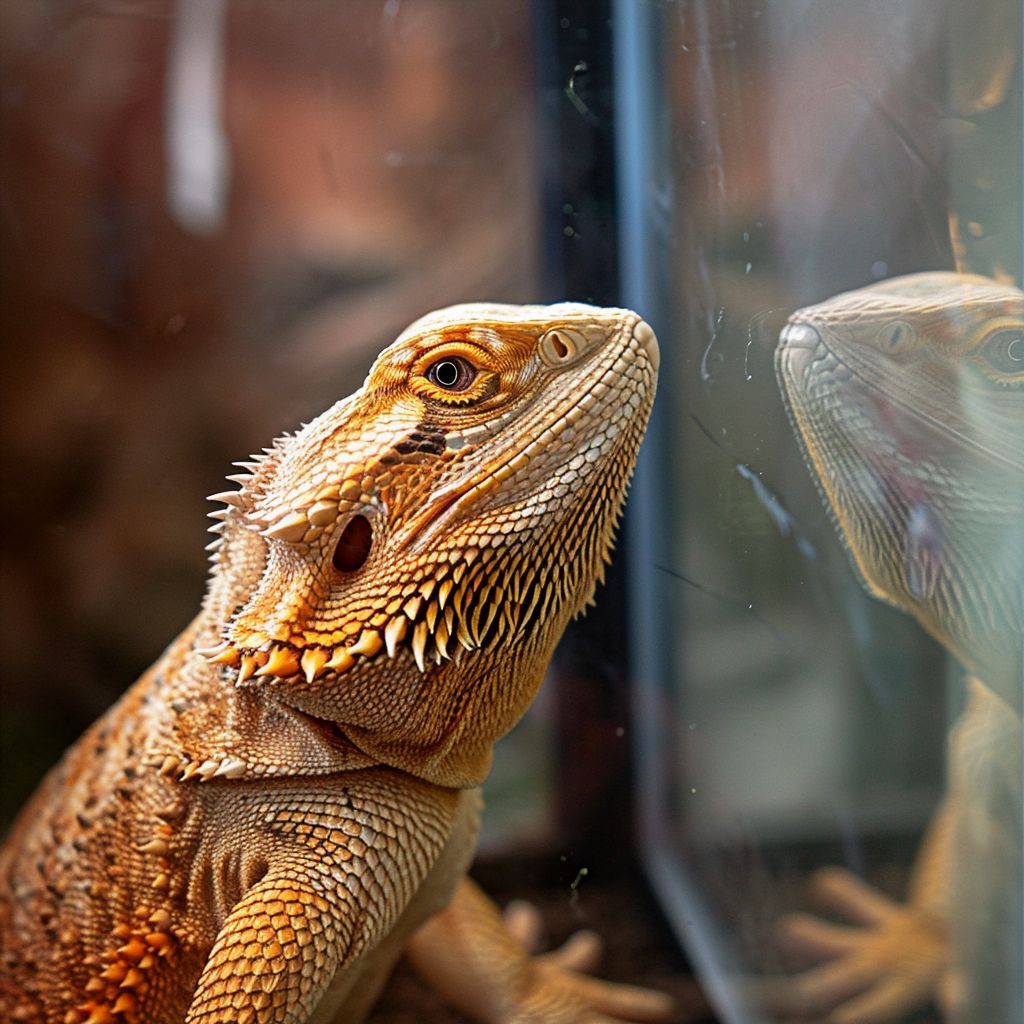Table of Contents
As an avid enthusiast of reptiles, I have often wondered about the dietary habits of bearded dragons. In my pursuit of understanding their nutritional needs, a particular inquiry has always piqued my curiosity: can bearded dragons eat bananas? This article aims to explore the compatibility of bananas within the diet of these reptiles, shedding light on their digestive capabilities and potential health implications. By examining scientific research and consulting expert opinions, we will seek to address this intriguing question surrounding the dietary choices of these captivating creatures.
Health benefits of bananas for bearded dragons
Bearded dragons are unique reptiles that require a well-balanced diet to maintain optimal health. While their primary diet consists of insects and vegetables, it is essential to provide additional fruits to ensure they receive a variety of nutrients. Bananas can offer several health benefits for bearded dragons due to their high vitamin and mineral content.
Rich in vitamins and minerals
Bananas are known for their rich vitamin and mineral content, making them a valuable addition to a bearded dragon’s diet. They are an excellent source of vitamin C, which plays a crucial role in boosting the immune system and promoting overall wellbeing. Additionally, bananas contain other essential vitamins such as vitamin B6, vitamin A, and vitamin K.
Furthermore, bananas are a good source of minerals such as potassium, magnesium, and manganese. Potassium is particularly important for supporting proper muscle function and maintaining healthy blood pressure levels. Magnesium aids in bone health, while manganese contributes to enzymatic reactions in the body.
Good source of fiber
Fiber is an essential component of a bearded dragon’s diet as it promotes healthy digestion. Bananas contain a significant amount of dietary fiber, which can aid in preventing constipation and maintaining regular bowel movements. A diet rich in fiber also contributes to a healthy gut microbiome, promoting overall digestive health in bearded dragons.
Risks of feeding bananas to bearded dragons
While bananas offer numerous health benefits, it is crucial to be aware of the potential risks associated with feeding them to bearded dragons. Two main concerns with banana consumption include their high sugar content and the potential for digestive issues.
High sugar content
Bananas are naturally sweet fruits, but they also contain a significant amount of natural sugars. While these sugars may be suitable for humans, bearded dragons have a different metabolic system, and their bodies may not process sugars in the same way. Feeding them excessive amounts of bananas can lead to weight gain and potential health issues such as insulin resistance.
Potential for digestive issues
Bearded dragons may have a sensitive digestive system, and consuming too many bananas can disrupt their digestive process. Bananas are known to be high in starch, which may be challenging for bearded dragons to break down efficiently. This can lead to bloating, gas, and other digestive discomforts. It is essential to monitor the quantity of bananas being fed to ensure that bearded dragons can digest them properly.

Feeding bananas to bearded dragons
While bananas can be included in a bearded dragon’s diet, moderation is key to prevent any adverse effects. It is recommended to offer bananas as an occasional treat rather than a staple food source. Here are some guidelines for feeding bananas to bearded dragons:
Moderation is key
To maintain a balanced diet, bananas should only make up a small portion of a bearded dragon’s overall food intake. Limiting banana consumption to once or twice a week is generally considered safe. This ensures that they receive a diverse range of nutrients from other foods without overloading on sugar and starch.
Preparation and serving suggestions
When offering bananas to bearded dragons, it is essential to ensure they are ripe but not overly ripe. Overripe bananas contain higher sugar levels and may be more challenging to digest. It is recommended to peel the banana and slice it into small, bite-sized pieces. This makes it easier for the bearded dragon to consume and reduces the risk of choking.
Additionally, it is vital to remove the uneaten banana after a short period to avoid spoilage and potential bacterial growth. Bearded dragons should always have access to fresh water to stay hydrated, especially when consuming fruits.
Other fruits for bearded dragons
While bananas can be included in a bearded dragon’s diet, it is crucial to provide a variety of fruits to ensure a well-rounded nutritional intake. Here are some safe alternatives to bananas for bearded dragons:
Safe alternatives to bananas
- Blueberries: These small berries are packed with antioxidants and vitamins, making them a healthy treat for bearded dragons.
- Apples: Apples are a great source of fiber and can help promote healthy digestion when fed in moderation.
- Grapes: These bite-sized fruits are high in hydration and can offer essential vitamins and minerals to bearded dragons.
- Papaya: Papaya is rich in vitamin C, fiber, and enzymes, which can aid in digestive health for bearded dragons.
Recommended feeding frequency
It is important to vary the fruits offered to bearded dragons and not rely solely on bananas. Rotating different fruits throughout the week ensures they receive a diverse range of nutrients. A good rule of thumb is to offer fruits as a treat, limiting their consumption to a few times a week. Always monitor your bearded dragon’s response to new fruits and consult a veterinarian if any digestive issues arise.

Balancing a bearded dragon’s diet
Maintaining a balanced diet is crucial for the overall health and wellbeing of bearded dragons. While fruits, including bananas, can be a valuable addition to their diet, they should not overshadow other essential food groups. In addition to fruits, a bearded dragon’s diet should include:
Variety is important
Insects: Bearded dragons are insectivores and require a varied diet of insects such as crickets, mealworms, and dubia roaches. These provide essential proteins and nutrients necessary for growth and development.
Leafy Greens: Dark leafy greens like kale, collard greens, and mustard greens should make up a significant portion of a bearded dragon’s diet. These offer essential vitamins, minerals, and fiber.
Vegetables: Alongside leafy greens, bearded dragons can also benefit from a variety of vegetables such as squash, bell peppers, and carrots. These provide additional vitamins and minerals.
Nutritional requirements
When balancing a bearded dragon’s diet, it is important to consider their nutritional requirements. They need a proper balance of proteins, carbohydrates, vitamins, and minerals to thrive. Consulting with a veterinarian or reptile nutritionist can help ensure your bearded dragon’s diet meets their specific needs.
Signs of proper digestion in bearded dragons
Monitoring your bearded dragon’s digestion is essential to ensure they are maintaining optimal health. Signs of proper digestion include:
Normal stools
Bearded dragons typically have well-formed, brown or dark-colored stools. The consistency should not be too firm or too loose, indicating a healthy digestive process.
Active behavior
A bearded dragon with proper digestion will exhibit active and energetic behavior. They should have a healthy appetite, be alert, and engage in regular activities such as basking and exploring their environment.

Signs of digestive issues in bearded dragons
Digestive issues can occur in bearded dragons, and it is crucial to recognize the signs and take appropriate action. Common signs of digestive issues include:
Constipation
If a bearded dragon is experiencing constipation, their stools may be dry, hard, and difficult to pass. They may also exhibit signs of discomfort, including straining or appearing bloated. In severe cases, a decrease in appetite and lethargy may be present.
Diarrhea
Diarrhea in bearded dragons can occur due to dietary changes, infections, or other underlying health issues. The stools may be watery, loose, or discolored. If diarrhea persists or is accompanied by other symptoms such as lethargy or loss of appetite, veterinary attention is necessary.
Consulting a veterinarian
Maintaining the health of a bearded dragon requires professional guidance from a veterinarian experienced in reptile care. When it comes to a bearded dragon’s diet, consulting a veterinarian is crucial for the following reasons:
Professional advice on diet
Every bearded dragon has unique dietary requirements based on factors such as age, size, and overall health. A veterinarian can provide personalized advice on the appropriate balance of fruits, vegetables, and other food sources specific to your bearded dragon’s needs.
Addressing health concerns
If your bearded dragon is experiencing digestive issues or any other health concerns, a veterinarian can offer guidance on appropriate treatment and care. They will conduct a thorough examination, potentially perform diagnostic tests, and recommend any necessary medications or dietary adjustments to promote healing.

Conclusion
In conclusion, bananas can be included as a treat in a bearded dragon’s diet, offering them additional vitamins, minerals, and dietary fiber. However, moderation is key due to the high sugar content and potential for digestive issues. It is important to provide a variety of fruits and vegetables, ensuring a well-balanced diet to meet all nutritional requirements.
Keeping a watchful eye on your bearded dragon’s digestion is essential to identify any potential issues promptly. Regular veterinary check-ups and consultations are vital for optimal care and to address any health concerns. By maintaining a balanced diet and providing proper care, you can ensure your bearded dragon leads a healthy and thriving life.
